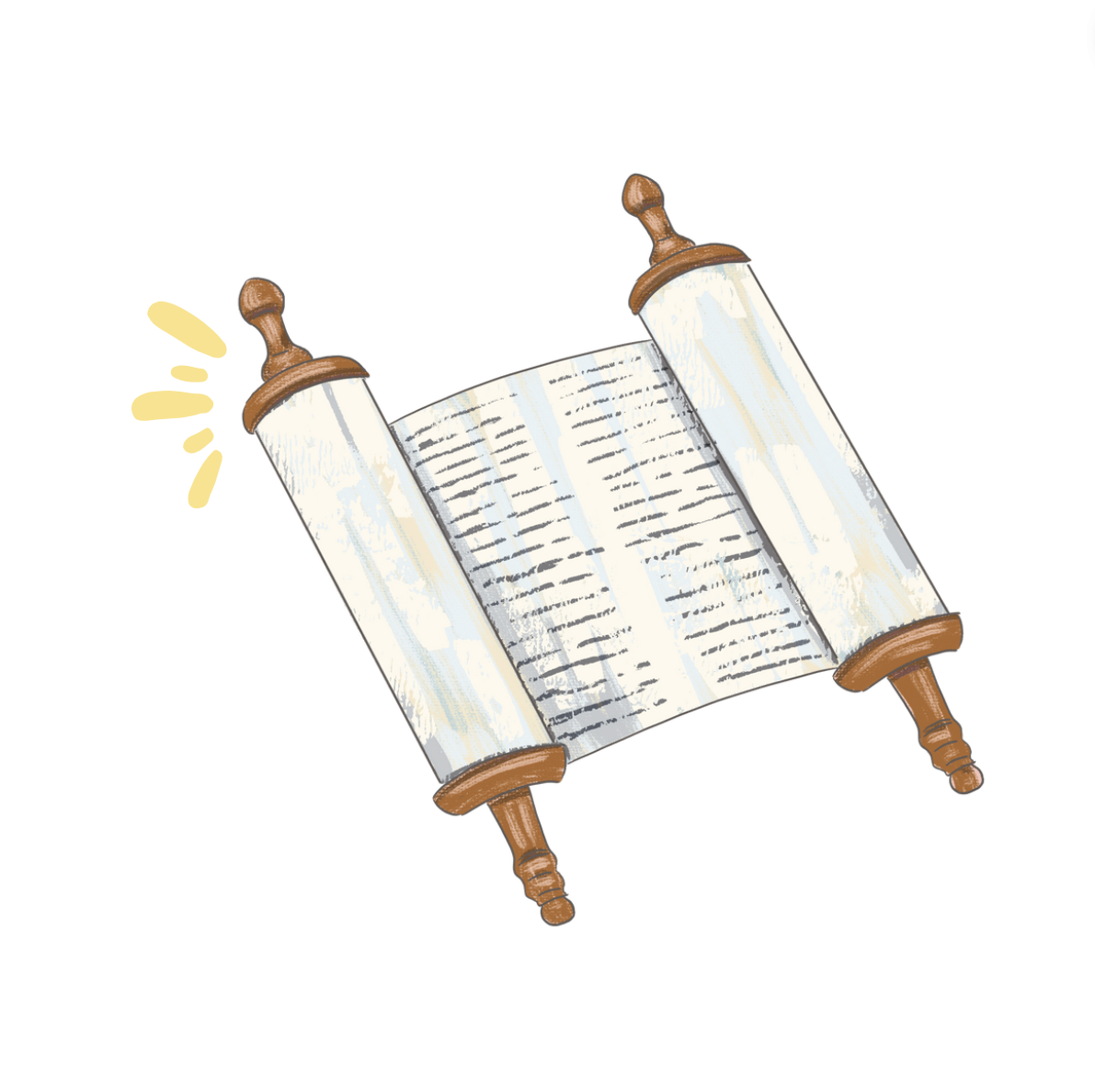This week’s Torah portion, parashat Bo, is a story of extremes. First, we read of extreme triumph: God finally rescues the Israelites from Pharaoh’s tyranny and Egyptian slavery; and then, extreme darkness: God sends the final plagues, bringing wanton death and destruction.
When the Israelites finally leave Egypt, they are not leaving the same place of abundance that once saved prior generations from famine, but a country torn apart by plagues: the river turned to blood, cattle disease, climate destruction from hail, and finally, the death of every firstborn son. Interestingly, as we will read in next week’s Torah portion, some of the Egyptians choose to leave alongside the Israelites. What could motivate someone to leave their homeland to go with the very people whose God has brought such destruction? But that’s a question for another week.
Back to our Israelites. Moses and Aaron have been speaking to the Pharaoh, asking him for their people’s freedom. They simply want to worship their own God and to observe their own festivals. They want freedom of religion—the freedom to be who they are. But the Pharaoh refuses, his heart hardening with every ask. And with every “no” from Pharaoh, God sends a new plague.
I have always been struck by the final two plagues. The tenth plague—the death of the firstborn son—is particularly powerful. When the Pharaoh’s own home is affected, he finally lets the Israelites go. But the ninth plague, the plague of darkness, is also terrifying. The Torah describes it as a choshech afelah—a darkness with a physical quality, through which a person cannot see their sibling. The Ramban (Spain, 1194-1270) teaches that the darkness is so thick that light cannot shine through.
This raises hard questions for us today, reading this ancient story and thinking of the current war in Israel. Of course, the God of the Torah is right to defend the Israelites from the tyranny of the Pharaoh, and to send Pharaoh a strong message. Of course, modern-day Israel must defend itself from the terror of Hamas and ensure the safety of its borders and all of its inhabitants.
And, many of us have been concerned about the innocent people suffering in Gaza from famine and disease that come as a result of this war. Many contemporary readers are similarly concerned about the innocent Egyptians who are killed in the tenth and final plague. Certainly, some of those first born sons must have been young children. The pain of these losses is almost too much to bear.
There are no easy answers to this question. Shouldn’t God do all God can do to save innocent lives, particularly those of children? Yet the God in our story, the God who will triumph, must go to extreme measures to send a message to the brutal and ruthless Pharaoh—the same Pharaoh who, almost as soon as he permits the Israelites to be freed, changes his mind and sends his army after them. When we must respond to ruthless cruelty and brutality perpetrated against us, how do we also hold on to our humanity and gentleness?
Sometimes we read Torah because it inspires us and helps us dream of a world of wholeness and hope. Sometimes we read Torah because it reflects the challenging situations that we experience today. Perhaps reading our ancient story, and being reminded that we’ve made it through the darkness before, can give us the strength to light the path anew.
Shabbat shalom,
Rabbi Sam

